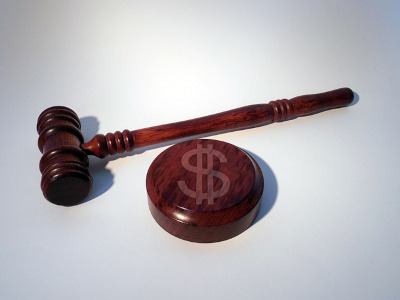Bedford, NH Resident Looks to Understand Potential IRS Penalties
One of the most common IRS penalties is failure to file. If you do not file your taxes by the April 15th date, though this may vary if it falls on a weekend, or October 15th if you filed for an extension, the IRS could charge you a failure to file penalty. If you file your taxes but do not pay the balance owed to the IRS by the April deadline, you may incur a failure to pay penalty. Self-employed individuals, including freelancers and business owners, are required to pay estimated taxes. If you conclude the year owing more than $1,000 to the IRS, you can be hit with the failure to pay proper estimated taxes penalty. If the check that you send in to cover your outstanding taxes does not clear the bank, the IRS can charge you a dishonored check penalty.

